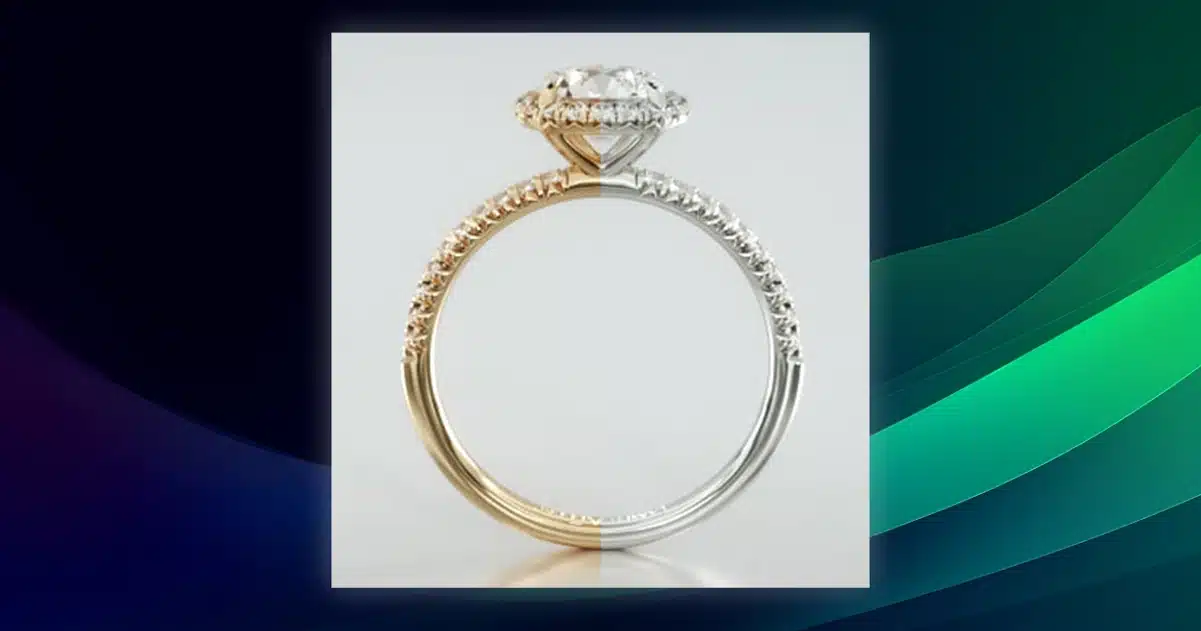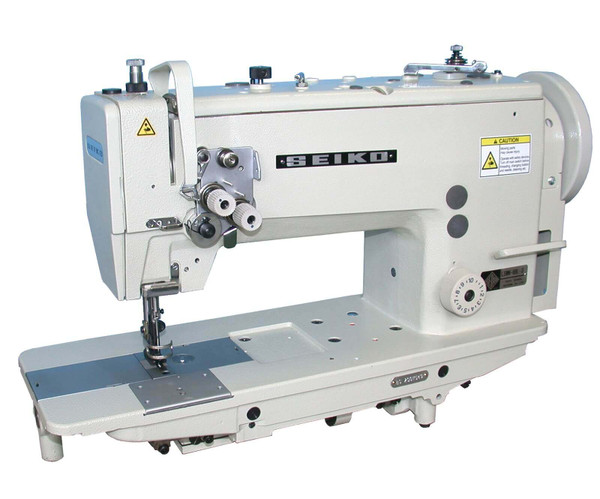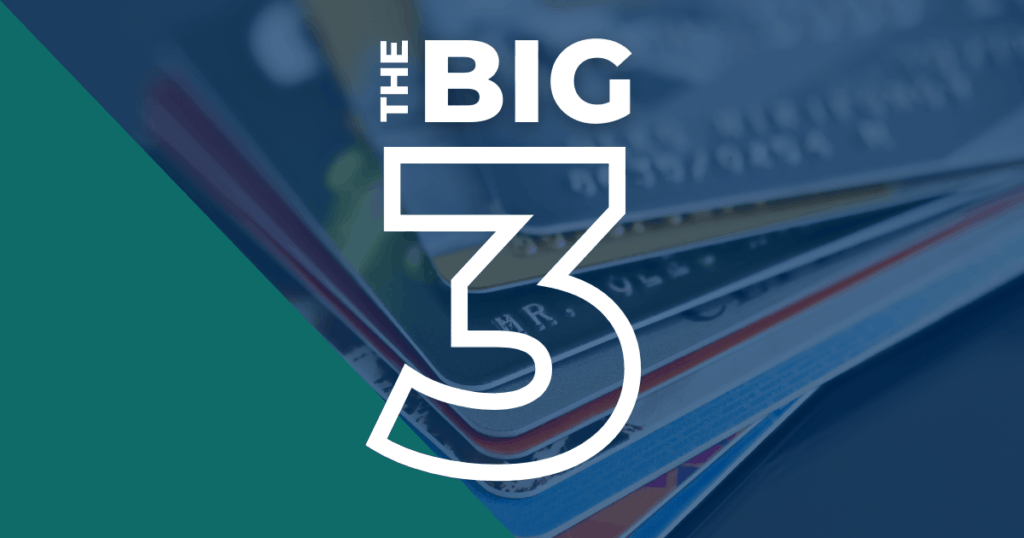
How Pawnbroking Works: A Step-by-Step Guide to Pawn Loans
On August 13, 2024 by Morthe StandardTable of Contents
What is a Pawn Broker?
A pawn broker is a professional who lends money to individuals in exchange for valuable items, such as jewelry, electronics, or musical instruments, which are held as collateral. The borrower can repay the loan with interest to reclaim their item. If the loan is not repaid, the pawn broker can sell the item to recover the funds.
The History of Pawnbroking
Pawnbroking has been around for thousands of years. In fact, it dates back to ancient China, where pawn shops were used as a means of securing loans in exchange for valuable goods. Over time, the practice spread to Europe, and today, pawn shops exist in many countries worldwide.
Pawn Brokers vs. Other Lenders: What’s the Difference?
Unlike banks and traditional lenders, how pawn brokers work don’t rely on your credit score or income. Instead, they base the loan on the value of the item you’re pawning. This makes pawnbroking an accessible option for those who might not qualify for other forms of credit.
How Does Pawnbroking Work?
Pawning an item is a relatively straightforward process, but let’s break it down to see how it works step by step.
The Pawn Process Step-by-Step
- Choose an Item to Pawn: Whether it’s a gold necklace, an expensive watch, or a guitar, your pawnable item needs to hold value.
- Visit the Pawn Shop: Take your item to a licensed pawn shop. They will appraise the item and offer you a loan amount based on its worth.
- Agree on the Terms: If you accept the loan offer, you’ll sign an agreement outlining the loan amount, interest rate, repayment terms, and due date.
- Get Your Cash: After you sign the agreement, you’ll receive the agreed-upon amount in cash, and your item will be stored safely in the pawn shop.
The Loan Agreement and Terms
Pawn loans are typically short-term, ranging from a few weeks to a few months. The loan agreement will clearly state the amount you borrowed, the interest rate, and the date when the loan is due. Be sure to read the terms carefully, as failure to repay can result in forfeiting your item.
What Happens if You Don’t Repay the Loan?
If you don’t repay the loan within the specified time frame, the pawn broker will keep your item. They may try to sell it to recover the amount of the loan. However, if you need more time, many pawn shops offer an option to extend or renew your loan.
Types of Items Pawned
Pawn shops deal with a wide variety of items. Some of the most common types include:
Jewelry and Watches
Gold buyers Melbourne, silver, diamonds, and other precious metals, along with luxury watches, are the most frequently pawned items. They’re easy to assess for value and hold their worth well in the market.
Electronics and Technology
Smartphones, laptops, tablets, and cameras are valuable pawn items. Many pawn shops accept these items as collateral, especially when they’re in good working condition.
Musical Instruments and Collectibles
Musical instruments, such as guitars and violins, as well as collectible items like rare coins, are popular items for pawning. Their value often depends on brand, condition, and rarity.
What Do Pawn Brokers Look for in Items?
When you bring an item to a pawn shop, the broker will assess its value based on several factors.
Value and Condition
The condition of the item plays a major role in its value. A well-maintained piece of jewelry or an almost-new laptop will likely fetch a higher loan amount than a worn-out item.
Market Demand and Trends
Pawn brokers also consider the market demand for certain items. If an item is in high demand, such as the latest smartphone or a rare collectible, you might receive a higher offer.
Authenticity and Provenance
Pawn brokers need to ensure that the item is authentic and not counterfeit. For example, a branded watch or piece of jewelry will need to be verified for authenticity.
Setting the Loan Amount: How Pawn Brokers Determine Value
How do pawn brokers decide how much to offer you? Here’s what goes into the decision.
The Appraisal Process
Pawn brokers appraise items by considering their weight, size, age, and condition. For precious metals, the purity and weight will be the biggest determining factors.
Assessing the Item’s Condition
Items in good condition will naturally have a higher value. If your item is broken or heavily damaged, the loan offer will likely be lower.
Loan-to-Value Ratio and Interest Rates
Pawn brokers typically offer a loan equal to about 25% to 60% of the item’s appraised value. They also apply an interest rate, which can vary depending on the pawn shop and local regulations.
Repaying and Recovering Your Pawned Items
You’ve pawned your item, but what happens next?
What Happens After Repayment?
Once you repay the loan in full, including any interest or fees, you can reclaim your item from the pawn shop. It’s returned to you in the same condition (or better) as when you pawned it.
What Happens if You Can’t Repay Your Loan?
If you can’t repay your loan, the pawn shop will keep your item and sell it to recover the loan amount. If you’re struggling financially, it’s always worth asking about extending or renewing your loan before it’s due.
The Option to Extend or Renew Your Loan
Many pawn shops allow you to extend or renew your loan for an additional fee. This can give you more time to repay without losing your item.
Legal Aspects of Pawnbroking
Pawn shops are heavily regulated by local laws to protect both the consumer and the business.
Regulations and Laws Surrounding Pawnbroking
Pawn shops must follow strict rules regarding loan amounts, interest rates, and record-keeping. These regulations vary by country and region, so be sure to check local laws.
Consumer Protection in the Pawn Industry
Consumers are protected by regulations that require pawn shops to disclose all fees and terms in writing before the transaction. This ensures transparency in the process.
Alternatives to Pawnbroking
While pawnbroking can be a great option, it’s not your only choice.
Personal Loans and Credit Unions
If you need a larger loan or more flexible repayment terms, personal loans from a bank or credit union might be a better option.
Selling Your Items vs. Pawning Them
If you no longer want your items, selling them outright could be a better option than pawning, as you won’t need to repay a loan.
Online Pawn Services
There are also online pawn shops that allow you to pawn your items without leaving your home. These services offer convenience but may have different terms and conditions than traditional pawn shops.
Common Questions About Pawn Brokers
Do I Need to Have Good Credit to Pawn Items?
No, pawn brokers do not require a credit check. The loan is based on the value of your items, not your credit history.
How Long Does It Take to Get a Pawn Loan?
The pawn process is usually quick, with many shops providing cash within 30 minutes to an hour.
Is Pawning Safe?
Pawning is a legal and regulated practice, but like any financial transaction, it’s important to understand the terms and make sure you deal with reputable pawn brokers.
Conclusion: Is Pawnbroking Right for You?
Pawning can be a helpful way to get fast cash in a pinch, especially if you don’t want to go through a lengthy loan application process. But, it’s important to weigh the pros and cons before deciding. Make sure you understand the terms, the interest rates, and your options if you can’t repay the loan on time. With the right knowledge and preparation, pawnbroking can be a convenient financial tool.
You may also like
Recent Posts
 Unleashing AI Power for Small Business Marketing Success
Unleashing AI Power for Small Business Marketing Success Pourquoi Choisir Une Structure En Acier Pour Vos Projets En Afrique ?
Pourquoi Choisir Une Structure En Acier Pour Vos Projets En Afrique ? Top IPTV France Providers: Finding the Best Service for You
Top IPTV France Providers: Finding the Best Service for You The Importance of Innovation Management in Business Success
The Importance of Innovation Management in Business Success How to Measure Lab Diamond Ring Size
How to Measure Lab Diamond Ring Size Web hosting plan: pro and cons of shared hosting and VPS hosting
Web hosting plan: pro and cons of shared hosting and VPS hosting White Sapphire vs. Diamond: The Ultimate Comparison
White Sapphire vs. Diamond: The Ultimate Comparison How Pawnbroking Works: A Step-by-Step Guide to Pawn Loans
How Pawnbroking Works: A Step-by-Step Guide to Pawn Loans GH Express LLC: Your Strategic Partner for Business Success in the U.S.
GH Express LLC: Your Strategic Partner for Business Success in the U.S.Novita Diamonds Shines a Light on Women’s Empowerment with Dress for Success Partnership
Buying Ethereum Down Under: Your Guide to Purchasing ETH in Australia
 Exploring the Brilliance of Lab-Grown Diamonds: Understanding the 4Cs
Exploring the Brilliance of Lab-Grown Diamonds: Understanding the 4Cs Lab Diamonds: The Top Choice for Ethical, Affordable, and Sustainable Brilliance
Lab Diamonds: The Top Choice for Ethical, Affordable, and Sustainable Brilliance SEO Backlink Services and Template Customization by a Pennsylvania SEO Expert
SEO Backlink Services and Template Customization by a Pennsylvania SEO Expert The Sparkle of Sustainability: Lab Grown Diamonds Adelaide
The Sparkle of Sustainability: Lab Grown Diamonds Adelaide
Popular Posts
 Leveraging User Forums and Communities: Online iPhone Selling
Leveraging User Forums and Communities: Online iPhone Selling Why You Should Be Adding Content to Google My Business
Why You Should Be Adding Content to Google My Business 360-Degree Digital Marketing Services: What’s included?
360-Degree Digital Marketing Services: What’s included? What are the Different Types of Marketing?
What are the Different Types of Marketing? 5 Tips for Sharing Files and Information Online
5 Tips for Sharing Files and Information Online 6 Major Factors To Consider Before You Hire Marketing Agencies Auckland
6 Major Factors To Consider Before You Hire Marketing Agencies Auckland First-Time Buyer’s Guide to Industrial Sewing Machines
First-Time Buyer’s Guide to Industrial Sewing Machines Benefits of Hiring a Full Time SEO Specialist
Benefits of Hiring a Full Time SEO Specialist Tips For Effective And Appealing Web Design
Tips For Effective And Appealing Web Design 3 Biggest Strategies That Can Help You Scale Up Your Company
3 Biggest Strategies That Can Help You Scale Up Your Company Using An SEO Consultant To Amp Up Your SEO Strategy During COVID-19
Using An SEO Consultant To Amp Up Your SEO Strategy During COVID-19- What Is The Essence Of Enterprise Resource Management Systems
How To Make Your Air Conditioning Business Ready For Google?
 Why Should You Add Comments To Your Blog?
Why Should You Add Comments To Your Blog?) 3 Reasons Why Forecasting Sales Is Important For Businesses
3 Reasons Why Forecasting Sales Is Important For Businesses
Most Viewed Posts
 API Integration Best Practices: Ensuring Secure and Scalable Solutions
API Integration Best Practices: Ensuring Secure and Scalable Solutions On The Whole Learning Elaborating Open Source API Tools
On The Whole Learning Elaborating Open Source API Tools Eliminate Annoyance By Fixing These Google Drive Problems
Eliminate Annoyance By Fixing These Google Drive Problems Reasons To Kick-Start Node JS Centric Product Development With Full-Swing
Reasons To Kick-Start Node JS Centric Product Development With Full-Swing Reasons Why It Is Important to Select the Best Online Education Platform for a Programming Assignment
Reasons Why It Is Important to Select the Best Online Education Platform for a Programming Assignment 6 Benefits of Using a Good Website Builder
6 Benefits of Using a Good Website Builder Techinques To Take Services For App Developers
Techinques To Take Services For App Developers- Four compelling reasons why the cloud makes it easy is the ideal IoT application
 A Guide To Hiring The Best Web Development Company
A Guide To Hiring The Best Web Development CompanyThe Best Tools For Mobile-First Indexing Strategy Development
